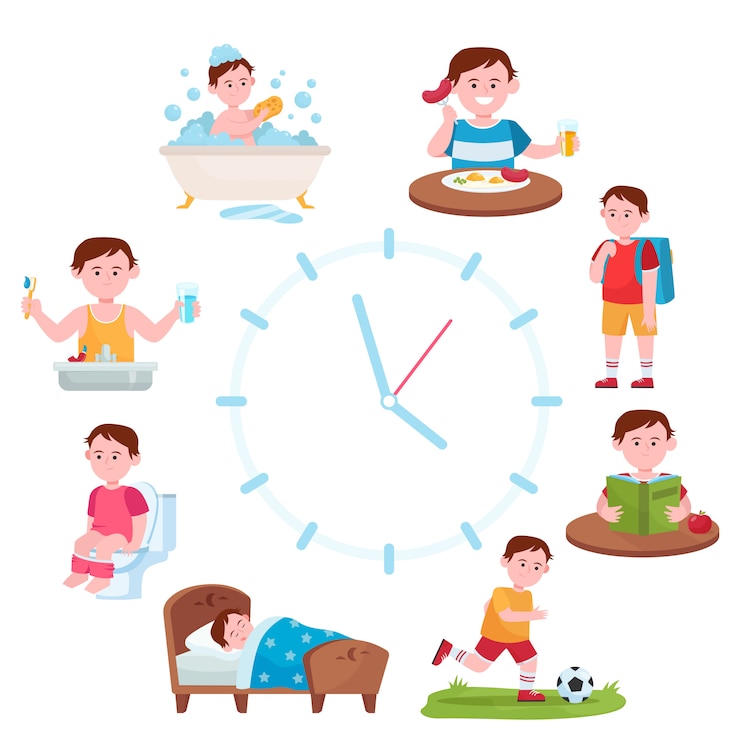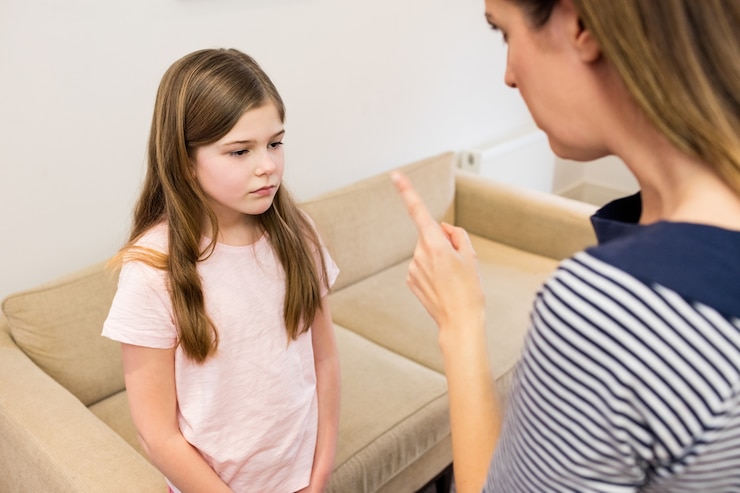
Inside, discover how to help your child manage their anger with the “50 Best Anger Management Tools for Kids” from a child therapist.
**Table of Contents**
As I unload the dishwasher, I listen to my four and seven-year-olds playing in the next room. I smile, hearing their creative little minds putting together another dance recital in the living room.
While I contemplate how much I dislike unloading the dishwasher and think about dinner plans, loud shrieks interrupt my thoughts.
“You said I could perform first!”
“I never said that! You’re lying!”
“Fine, I quit!”
My seven-year-old storms off, knocking over their makeshift stage—a plastic stool—as she leaves.
You want to teach your child how to handle their anger better, but you’re unsure of where to start. You’re weary of the tantrums and the chaos they bring to family life.
Anger management is a normal part of development, and all kids face challenges with it sometimes. However, some children find it especially hard to handle intense emotions.
Whether your child is going through a growth phase (hello to the toddler years and teenage challenges!) or consistently struggles with anger, this list of tools is here to help.
Understanding anger as a complex emotion is key. Teaching your child about its different aspects is the most effective way to help them manage it. Here are areas to explore:
1. How anger serves us as an emotion.
2. The physical signs of anger in our bodies.
3. Situations that often trigger anger.
4. The consequences of unmanaged anger.
5. Healthy ways to cope with anger.
These tools address all these aspects and are suitable for children of all ages, from toddlers to teens.
Picture books are excellent for younger children. They use a technique called bibliotherapy, where stories help kids see themselves in the characters and themes. This method has been used for centuries, offering a powerful way to influence children’s behaviors and attitudes toward strong emotions like anger.
Workbooks are great resources for teens and elementary-aged kids, providing an interactive way to reflect on emotions and behaviors related to anger. Writing things down helps with cognitive processing and retention of information.
Play is a child’s natural way of learning and a wonderful strategy for teaching anger management. Fun activities engage kids, especially those who are strong-willed or hesitant to address their anger issues. Games and card decks can be effective in teaching emotional regulation.
Surprisingly, one of the best ways to help an angry child is for parents to model healthy attitudes and behaviors towards anger themselves. I often recommend these resources to the parents in my therapy practice.
According to Dr. Dan Siegel, the best predictor of a child’s well-being is a parent’s self-awareness. By helping your child understand and manage their anger, you give them a significant “protective factor,” reducing the risk of negative outcomes.
Have you tried any tools to help your child manage anger?
P.S. Are you raising a child with big emotions, listening challenges, and who’s constantly testing boundaries? This free guide is for you. Click here to discover more cooperation and less conflict.
Equip your child with the skills for LIFE.
Join 30k other intentional parents who receive the “Parents with Confidence” weekly email. Get a FREE 5-day parenting email course where you’ll learn:
– How to protect your child’s self-esteem.
– Effective ways to gain your child’s cooperation.
– The most valuable skills for your child’s future.
– How to discipline your child without causing emotional harm.
JOIN + GET MY ECOURSE!
We respect your privacy, unsubscribe anytime.
Join 30k other intentional parents receiving the “Parents with Confidence” weekly email and get a 5-day FREE parenting course where you’ll learn:
– How to protect your child’s self-esteem.
– Effective ways to gain your child’s cooperation.
– The most valuable skills for your child’s future.
– How to discipline your child without emotional harm.
Other related resources:
– ADHD in Kids and Anger
– Raising an Emotionally Intelligent Child
– 10 Everyday Ways to Improve a Child’s Behavior and Mood
**About Angela Pruess, LMFT**
Welcome! I’m Angela, a licensed children’s mental health professional, a positive parenting coach, and a mom to spirited kids who teach me and help me grow (and give me a few grey hairs) every day. I believe every child deserves to live their best life, and emotional health is the key to lasting success and happiness. Read more about me and the “Parents with Confidence” mission.



